 W
WSteven John Baker is a British politician and a former Royal Air Force engineer, consultant and bank worker, who served as Chair of the European Research Group (ERG) from 2016 to 2017 and 2019 to 2020. A member of the Conservative Party, he has been the Member of Parliament (MP) for Wycombe in Buckinghamshire since 2010.
 W
WWalter Edward Block is an American Austrian School economist and anarcho-capitalist theorist. He currently holds the Harold E. Wirth Eminent Scholar Endowed Chair in Economics at the School of Business at Loyola University New Orleans, and is a senior fellow of the non-profit think-tank Ludwig von Mises Institute in Auburn, Alabama. He is best known for his 1976 book Defending the Undefendable, which takes contrarian positions in defending acts which are illegal or disreputable but Block argues are actually victimless crimes or benefit the public.
 W
WEugen Ritter von Böhm-Bawerk was an Austrian economist who made important contributions to the development of the Austrian School of Economics and neoclassical economics. He served intermittently as the Austrian Minister of Finance between 1895 and 1904. He also wrote an extensive refutation of Marxism.
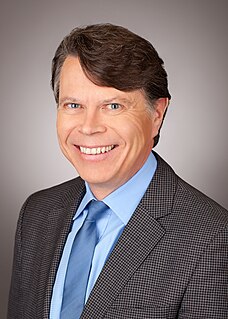 W
WDonald Joseph Boudreaux is an American economist, author, professor, and co-director of the Program on the American Economy and Globalization at the Mercatus Center at George Mason University in Fairfax, Virginia.
 W
WJames McGill Buchanan Jr. was an American economist known for his work on public choice theory, for which he received the Nobel Memorial Prize in Economic Sciences in 1986. Buchanan's work initiated research on how politicians' and bureaucrats' self-interest, utility maximization, and other non-wealth-maximizing considerations affect their decision-making. He was a member of the Board of Advisors of The Independent Institute as well as of the Institute of Economic Affairs, a member of the Mont Pelerin Society, a Distinguished Senior Fellow of the Cato Institute, and professor at George Mason University.
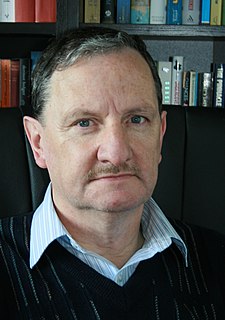 W
WGerard Casey is an Irish academic who is Professor Emeritus at University College Dublin.
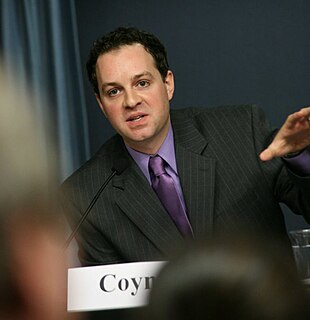 W
WChristopher J. Coyne is the F.A. Harper Professor of Economics at George Mason University and the associate director of the F. A. Hayek Program for Advanced Study in Philosophy, Politics, and Economics at the Mercatus Center. He also serves as the director of graduate studies for the department of economics at GMU.
 W
WHerbert Joseph Davenport was an American economist and critic of the Austrian School, educator and author.
 W
WAntony Davies is an American economist, speaker, and author. He is the Milton Friedman Distinguished Fellow at the Foundation for Economic Education.
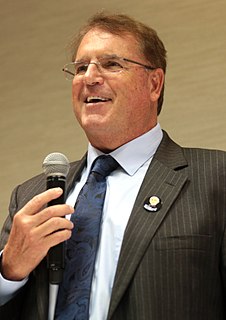 W
WThomas James DiLorenzo is an American economics professor at Loyola University Maryland Sellinger School of Business. He identifies as an adherent of the Austrian School of economics. He is a research fellow at The Independent Institute, a senior fellow of the Ludwig von Mises Institute, Board of Advisors member at CFACT, and an associate of the Abbeville Institute. He holds a Ph.D. in Economics from Virginia Tech.
 W
WKevin Dowd is a British economist, having research interests in private money and free banking, monetary systems and macroeconomics, financial risk measurement and management, risk disclosure, political economy and policy analysis, and pensions and mortality modelling. As of this date, he is a partner in Cobden Partners based in London, and Professor of Finance and Economics at Durham University Business School.
 W
WGene Epstein is an American economist. He worked as the economics editor of Barron's Magazine from 1993 to 2017. He calls himself a follower of the Austrian School of economics and is an associated scholar at the Ludwig von Mises Institute in Auburn, Alabama.
 W
WFrank Albert Fetter was an American economist of the Austrian School. Fetter's treatise, The Principles of Economics, contributed to an increased American interest in the Austrian School, including the theories of Eugen von Böhm-Bawerk, Friedrich von Wieser, Ludwig von Mises and Friedrich Hayek.
 W
WRoger Wayne Garrison is an American professor of economics at Auburn University, and an adjunct scholar of the Ludwig von Mises Institute.
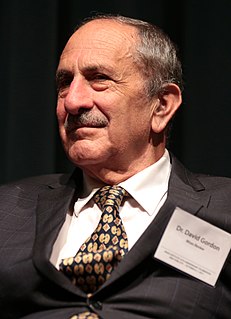 W
WDavid Gordon is an American libertarian philosopher and intellectual historian influenced by Rothbardian views of economics. Peter J. Boettke, in his Reason Foundation "Reason Papers," Issue No. 19, Fall 1994, describes Gordon as "a philosopher and intellectual historian who is deeply influenced by the Rothbardian strand of economics." He is a senior fellow at the Ludwig von Mises Institute and editor of The Mises Review.
 W
WLiam James Halligan is a British economist, journalist, author and broadcaster. He is currently economics and business editor at GB News, where he co-presents a daily show.
 W
WFriedrich August von Hayek, often referred to by his initials F. A. Hayek, was an Austrian-British economist and philosopher who is best known for his defence of classical liberalism. Hayek shared the 1974 Nobel Memorial Prize in Economic Sciences with Gunnar Myrdal for their work on money and economic fluctuations, and the interdependence of economic, social and institutional phenomena. His account of how changing prices communicate information that helps individuals coordinate their plans is widely regarded as an important achievement in economics, leading to his prize.
 W
WHenry Stuart Hazlitt was an American journalist who wrote about business and economics for such publications as The Wall Street Journal, The Nation, The American Mercury, Newsweek, and The New York Times.
 W
WRobert Higgs is an American economic historian and economist combining material from Public Choice, the New institutional economics, and the Austrian school of economics; and describes himself as a "libertarian anarchist" in political and legal theory and public policy. His writings in economics and economic history have most often focused on the causes, means, and effects of government power and growth.
 W
WTrygve J. B. Hoff born in Kristiana, Norway was a Norwegian businessman, writer and editor of Farmand, the Norwegian business magazine.
 W
WHans-Hermann Hoppe is an American paleolibertarian and anarcho-capitalist political theorist. He is Professor Emeritus of Economics at the University of Nevada, Las Vegas (UNLV), Senior Fellow of the Ludwig von Mises Institute, and the founder and president of the Property and Freedom Society.
 W
WSteven G. Horwitz was an American economist of the Austrian School. Horwitz was the Distinguished Professor of Free Enterprise in the Department of Economics in the Miller College of Business at Ball State University in Muncie, Indiana. In 2017, he retired as the Dana Professor of Economics Emeritus at St. Lawrence University.
 W
WJesús Huerta de Soto Ballester is a Spanish economist of the Austrian School. He is a professor in the Department of Applied Economics at King Juan Carlos University of Madrid, Spain and a Senior Fellow at the Ludwig von Mises Institute.
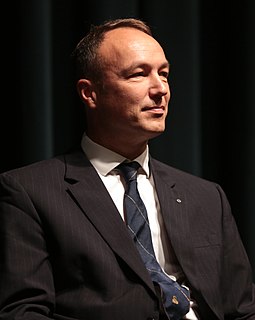 W
WJörg Guido Hülsmann is a German-born economist of the Austrian School of economics who studies issues related to money, banking, monetary policy, macroeconomics, and financial markets. Hülsmann is professor of economics at the University of Angers’ School of Law, Economics, and Management.
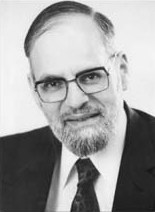 W
WIsrael Meir Kirzner is a British-born American economist closely identified with the Austrian School. He is currently the most senior Austrian economist alive.
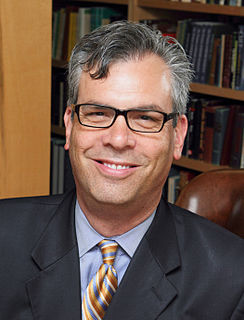 W
WPeter Gordon Klein is an American Austrian School economist who studies managerial and organizational issues. Klein holds the W. W. Caruth Endowed Chair and is a professor of entrepreneurship at Baylor University's Hankamer School of Business, where he is also Chair of the Department of Entrepreneurship and Corporate Innovation. Klein is Academic Director of the Baugh Center for Entrepreneurship and Free Enterprise, adjunct professor of strategy and management at the Norwegian School of Economics, and Carl Menger Research Fellow at the Mises Institute. He serves as associated editor for Strategic Entrepreneurship Journal and associate editor of The Independent Review. His 2012 book Organizing Entrepreneurial Judgment won the 2014 Foundation for Economic Education Best Book Prize and has been translated into Polish and Persian. His 2010 book The Capitalist and the Entrepreneur has been translated into Chinese and Portuguese. He holds an honorary professorship at the Beijing University of Information Science and Technology.
 W
WPeter T. Leeson is an American economist and the Duncan Black Professor of Economics and Law at George Mason University. The website Big Think listed him in 2012 among "Eight of the World's Top Young Economists". He is a Fellow of the Royal Society of Arts.
 W
WRoderick Tracy Long is an American professor of philosophy at Auburn University and left-libertarian blogger. He also serves as an editor of the Journal of Ayn Rand Studies, director and president of the Molinari Institute and a Senior Fellow at the Center for a Stateless Society.
 W
WFritz Machlup was an Austrian-American economist who was president of the International Economic Association from 1971–1974. He was one of the first economists to examine knowledge as an economic resource, and is credited with popularizing the concept of the information society.
 W
WJuan de Mariana, also known as Father Mariana, was a Spanish Jesuit priest, Scholastic, historian, and member of the Monarchomachs.
 W
WCarl Menger von Wolfengrün was an Austrian economist and the founder of the Austrian School of economics. Menger contributed to the development of the theory of marginalism, which rejected the cost-of-production theories of value, such as were developed by the classical economists such as Adam Smith and David Ricardo. As a departure from such, he would go on to call his resultant perspective, the "Subjective Theory of Value".
 W
WLudwig Heinrich Edler von Mises was an Austrian School economist, historian, logician, and sociologist. Mises wrote and lectured extensively on the societal contributions of classical liberalism. He is best known for his work on praxeology, a study of human choice and action.
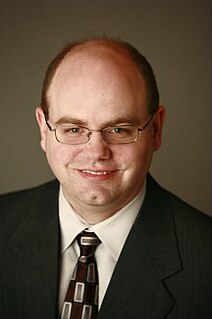 W
WRobert Patrick Murphy is an American economist. Murphy is Research Assistant Professor with the Free Market Institute at Texas Tech University. He has been affiliated with Laffer Associates, the Pacific Research Institute, the Institute for Energy Research (IER), the Independent Institute, the Ludwig von Mises Institute, and the Fraser Institute.
 W
WGary Kilgore North, is an American writer, Austrian School economic historian, and leading figure in the Christian reconstructionist movement. North has authored or coauthored over fifty books on topics including Reformed Protestant theology, economics, and history. He is an Associated Scholar of the Ludwig von Mises Institute.
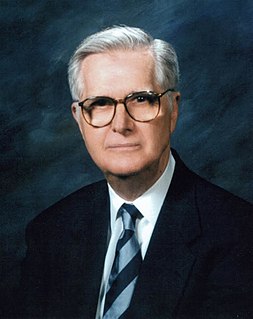 W
WWilliam Herbert Peterson was an American economist who wrote on the insights of Ludwig von Mises through teaching, writing, and speaking on the relationship between free enterprise and human liberty. Peterson died in 2012 at the age of 91.
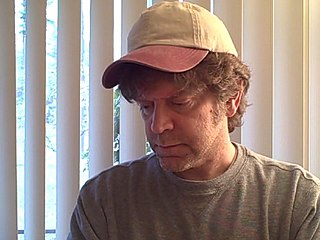 W
WDavid L. Prychitko is an American economist of the Austrian School. Prychitko is a critic of Marxism, but defends the idea of workers' self-managed firms in a freed market system. Prychitko is a tenured professor at Northern Michigan University.
 W
WLeonard Edward Read was the founder of the Foundation for Economic Education (FEE), one of the first modern libertarian institutions in the United States. He wrote 29 books and numerous essays, including the well-known "I, Pencil" (1958).
 W
WLawrence W. Reed, also known as Larry Reed, is president emeritus of the Foundation for Economic Education (FEE), where he has served as the Humphreys Family Senior Fellow since May 2019. Before joining FEE, Reed served as president of the Mackinac Center for Public Policy, a Midland, Michigan based free-market think tank. To date, he remains Mackinac's president emeritus.
 W
WGeorge Gerald Reisman is an American economist. He is Professor Emeritus of Economics at Pepperdine University and the author of The Government Against the Economy (1979), which was praised by both F. A. Hayek and Henry Hazlitt, and Capitalism: A Treatise on Economics (1996). He is known as an advocate of free market or laissez-faire capitalism.
 W
WKurt Richebächer was born in Karlsruhe, Germany. He studied business economics in Berlin and completed is doctoral at the University of Heidelberg in 1945. He began his career as a journalist, before becoming an international banker and economist. He considered himself a follower of the Austrian School of Economics and was best known for his newsletter, "The Richebächer Letter," which at various times also circulated as "Currencies & Credit Markets."
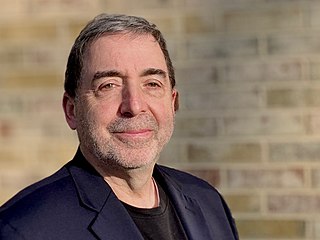 W
WRussell David "Russ" Roberts is an economist, a research fellow at Stanford University's Hoover Institution and president designate of Shalem College. He is known for communicating economic ideas in understandable terms as host of the EconTalk podcast.
 W
WJames Beeland Rogers Jr. is an American investor and financial commentator based in Singapore. Rogers is the chairman of Beeland Interests, Inc. He was the co-founder of the Quantum Fund and Soros Fund Management. He was also the creator of the Rogers International Commodities Index (RICI).
 W
WJaroslav Romanchuk is a Belarusian libertarian economist and politician.
 W
WMurray Newton Rothbard was an American heterodox economist of the Austrian School, economic historian and political theorist. Rothbard was a founder and leading theoretician of anarcho-capitalism, a staunch advocate of historical revisionism and a central figure in the 20th-century American libertarian movement. He wrote over twenty books on political theory, history, economics, and other subjects.
 W
WJoseph T. Salerno is an American Austrian School economist who is Professor Emeritus of Economics in the Finance and Graduate Economics departments at the Lubin School of Business at Pace University, Academic Vice President of the Ludwig von Mises Institute, and holds the John V. Denson II Endowed Professorship in the economics department at Auburn University. He earned his B.A. at Boston College and his M.A. and Ph.D. at Rutgers University.
 W
WPascal Salin is a French economist, professor emeritus at the Université Paris-Dauphine and a specialist in public finance and monetary economics. He is a former president of the Mont Pelerin Society.
 W
WPeter David Schiff is an American stock broker, financial commentator, and radio personality. He is CEO and chief global strategist of Euro Pacific Capital Inc., a broker-dealer based in Westport, Connecticut. He is also involved in various roles in other financial services companies, including Euro Pacific Asset Management, an independent investment advisor, Schiff Gold, a precious metals dealer, and Euro Pacific Bank, a full-reserve bank.
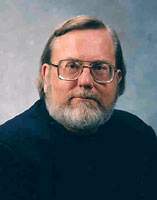 W
WLarry James Sechrest was an American economist who advocated the ideas of the Austrian School. He was a professor of economics at Sul Ross State University and was director of the university's Free Enterprise Institute.
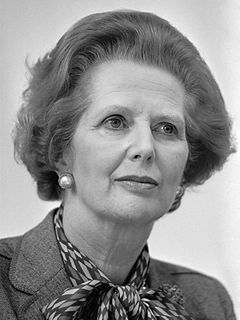 W
WArthur Seldon, was joint founder president, with Ralph Harris, of the Institute of Economic Affairs, where he directed editorial affairs and publishing for more than thirty years. He is the father of political author Anthony Seldon.
 W
WFrank Shostak is an Austrian School economist. He is an adjunct scholar of the Mises Institute. His consulting firm, Applied Austrian School Economics, provides in-depth assessments and reports of financial markets and global economies.
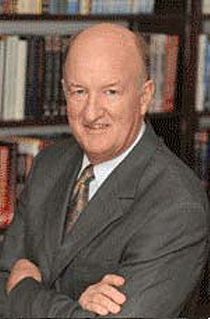 W
WMark Andrew Skousen is an American economist and writer. He currently teaches at Chapman University, where he is a Presidential Fellow at The George L. Argyros School of Business and Economics. He has previously taught at Columbia Business School, Mercy College, Barnard College, and Rollins College.
 W
WWilliam Smart was a Scottish economist. Originally a conveyor of the thought of the Austrian School, Smart was increasingly won-over to the neoclassicalism of Alfred Marshall.
 W
WMark Spitznagel is an American investor and hedge fund manager. He is the founder, owner, and chief investment officer of Universa Investments, a hedge fund management firm based in Miami, Florida.
 W
WRichard von Strigl (1891–1942) was an Austrian economist. He was considered by his colleagues one of the most brilliant Austrian economists of the interwar period. As a professor at the University of Vienna he had a decisive influence on F. A. Hayek, Fritz Machlup, Gottfried von Haberler, Oskar Morgenstern and other fourth-generation Austrian economists.
 W
WMark Thornton is an American economist of the Austrian School. He has written on the topic of prohibition of drugs, the economics of the American Civil War, and the "Skyscraper Index". He is a Senior Fellow with the Ludwig von Mises Institute in Alabama and a Research Fellow with the Independent Institute.
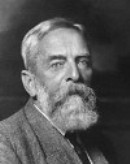 W
WFriedrich Freiherr von Wieser was an early economist of the Austrian School of economics. Born in Vienna, the son of Privy Councillor Leopold von Wieser, a high official in the war ministry, he first trained in sociology and law. In 1872, the year he took his degree, he encountered Austrian-school founder Carl Menger's Grundsätze and switched his interest to economic theory. Wieser held posts at the universities of Vienna and Prague until succeeding Menger in Vienna in 1903, where along with his brother-in-law Eugen von Böhm-Bawerk he shaped the next generation of Austrian economists including Ludwig von Mises, Friedrich Hayek and Joseph Schumpeter in the late 1890s and early 20th century. He was the Austrian Minister of Commerce from August 30, 1917, to November 11, 1918.
 W
WZhang Weiying is a Chinese economist and was head of the Guanghua School of Management, Peking University. He is known for his advocacy of free markets and his ideas have been influenced by the Austrian School.